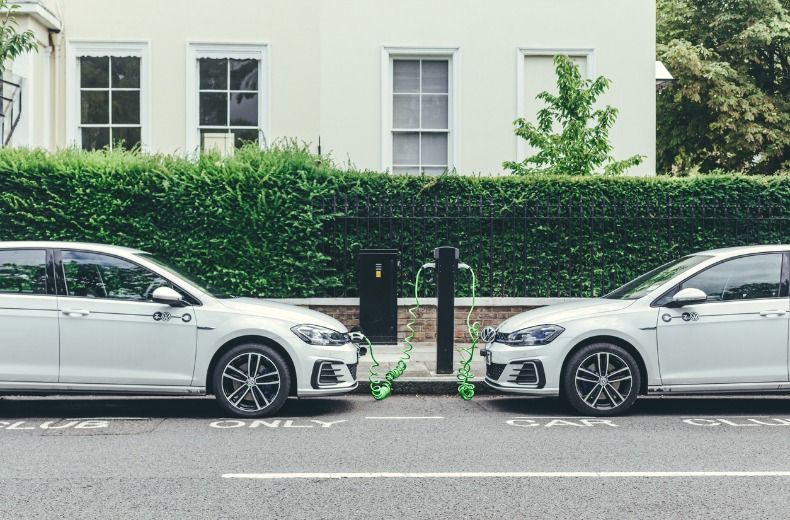This has rung alarm bells that road pricing schemes and tolls could be introduced to cover the loss of revenue, as the UK moves closer to a ban on sales of new petrol and diesel cars from 2030.
Sales of electric and plug-in hybrid vehicles made up more than one in 10 new vehicle registrations in 2020, up from 1 in 30 in 2019. Demand for battery electric vehicles (BEVs) grew by 185.9%, figures from the Society for Motor Manufacturers and Traders (SMMT) show.
Brands have recently been announcing plans to expand their range of electric vehicles, including Jaguar who have pledged to be purely electric by 2025, and Ford, who promise every model sold in Europe from 2030 will be all-electric.

Breakdown cover that’s cheaper than AA – from £5.49 for Roadside!*
Complete peace of mind for less
• Cheaper than AA Price Guarantee^
• We get to most breakdowns in 60 mins or less
• Our patrols fix 4/5 breakdowns on the spot

RAC Foundation figures reveal switching from a petrol car to a new electric alternative saves motorists an average of £592 a year in excise and VAT, plus £305 in first-year VED (Vehicle Excise Duty) or ‘showroom tax’. The difference increases to £800 and £338 respectively when swapping diesel for the more environmentally friendly option.
Sales of pure electric vehicles almost trebled in 2020, with 108,000 units sold. If sales reach their predicted level of 175,000 during 2021, the Treasury will miss out on nearly £200 million in lost fuel taxes and VED. That’s when road-pricing schemes may be implemented to help fill the gap in cash.
Gerry Keaney, chief executive of the British Vehicle Rental and Leasing Association (BVRLA), said: “Many road-users can now see the benefits of a well-designed, carefully implemented national system that can help pay for the huge cost of upgrading the UK’s road network and zero-emission vehicle infrastructure.
“Such a scheme should be used to replace the current motoring tax regime, which is too complex and inefficient.”
- 2030 ban – is it worth buying an electric car now?
- Electric cars – a definitive guide and tips for buyers
- Are electric cars really better for the environment?
- More drivers could be fined as MPs look to grant increased power to councils
EV motorists do not have to pay VED nor the £325 surcharge for newly registered vehicles costing more than £40,000. Plus, those buying green vehicles can apply for a £3,000 grant to help with the costs.
These incentives were designed to encourage purchases of new electric vehicles, but the prospect of road tolls could do the opposite, putting people off investing in EVs.
Steve Gooding, director of the RAC Foundation, said: “In the face of a big decline in revenue, the chancellor could decide to turn off the money taps and start to tax EV drivers rather than subsidise them. For those buying battery-powered cars on the premise of cheap motoring, that will be a huge shock.”
Get 30 driving tips that will save you money
Running a car isn’t cheap, but there are some easy things you can do to keep your costs down. Get these tips and more useful driving articles sent straight to your inbox now.










